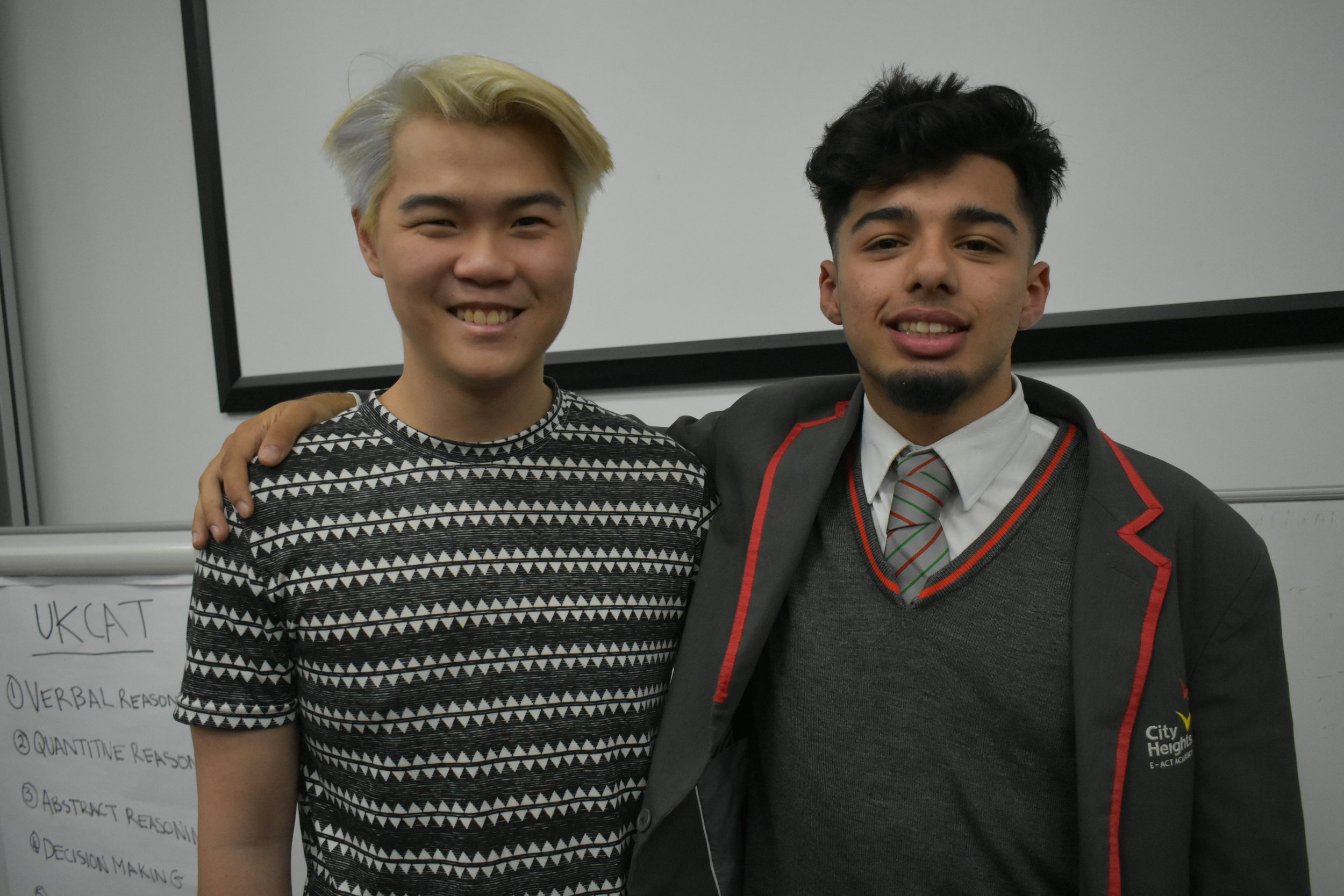By Wil Jones, University of Exeter Student and Coach
When I was in secondary school, the nearest university was half an hour’s drive from home: a small, specialist agricultural college in the heart of the countryside. It felt a world away from my conception of university at the time – that they were these vague, distant establishments dotted around the country, places people would flock to, optionally extending their education in order to experience the bright city lights.
That muddied idea of what university was and could be – and the disbelief that anyone would want to choose to go there – came from a place of misunderstanding: a disengaged 15 year-old’s misconception proving to be just as big a barrier as any physical distance from a university campus.
My school became a Business and Enterprise College shortly before I started there, and over five years there was an evident transformation; as well as an impressive new sports hall, a purpose-built business centre and reception area was built.
For all the evident benefit and appeal of these developments the effect on the student body wasn’t always easily discernible. The near-mandatory requirement to study some form of business-related subject at GCSE was alienating for the significant portion of 14 year-olds who weren’t enthused by the prospect of profit margins, and other areas within the school – not least the creative elements I engaged with the most – felt like little more than an afterthought when it came to funding.
During my final two years at school, there were subjects I loved, with truly inspirational and supportive teachers, yet sadly there were also subjects where this was not the case, and – exacerbated by negative experiences outside school – it became an unhappy time. Despite this, I left school with generally good grades, albeit having lost interest in the sciences that had at one point been utterly captivating, resulting in my choosing not to continue with them as I moved towards the sixth form.
Once in the sixth form, at a post-secondary college, the disengagement I had felt in school ossified in this new environment. As some of my friends went through the process of applying to university, and others prepared for the world of work, I struggled to do either. Although I worked hard to pass my A Levels whilst also holding down a part-time job, good grades felt more than a little inconsequential once I left college unsure at how to apply them to a work setting.
In the end, with a good portion of my friends having left the town, and with others settling into vocational work, it was only due to the incredible persistence of a friend that I applied to university at all. Having someone passionate and supportive is utterly integral to motivation and achievement and something I have found so common amongst the CoachBright coaches I have had the pleasure to meet and coach alongside.
I am now coming towards the end of my time at Exeter University, where I am studying English. Doing a part-time degree, although an uncommon route to take, has enabled me to slowly acclimatise to university life whilst also earning through a part-time job. That process of adaptation has been a lengthy and at times difficult one, in no small part due to my previous disengagement; when I arrived, I had never stepped foot on a university campus before, let alone attended an open day. In short, I was largely unprepared, despite achieving quite well academically.
CoachBright has undoubtedly been one of the highlights during my time in Exeter. Having been given a truly inspiring and eye-opening framework on coaching, the opportunity to help my coachee in a focused manner with their academic work – whilst also encouraging more general aspirations – has been rewarding personally, but also hopefully provides that crucial support to a student when they need it most.
In my experience, engagement goes beyond attendance or whether a student does well in their exams; whilst good grades are key to achievement and I would encourage every student to aspire to do their very best, a more holistic approach to education can undoubtedly aid that aspiration, in turn improving engagement, achievement, and social mobility as a whole. The manner in which the CoachBright coaches have inspired their coachees has been heartening to see; I wouldn’t hesitate to recommend any students interested in becoming a coach to do so.
Coming to Exeter I was surprised that it didn’t feel a world away from where I grew up despite my previous preconceptions; so much so that I often describe it as larger, similar version of home ‘but-with-a-university’. It’s a fairly crucial ‘but’, however, as during my time here the 15 year-old’s expectations have been utterly shattered. Whilst the hills may feel familiar there are so many aspects that have been challenging and rewarding in equal measure; rather than this being a reason to dissuade people from applying to university, I believe it reinforces the need for young people to have someone supporting them to not be put off by the daunting elements that come with pushing yourself as there is so much opportunity at university, and access to those opportunities should not be limited by social disadvantage.
The manner in which CoachBright demystifies university with a supportive platform helps young people to make informed choices on their futures, and I believe that can be just as important as good grades.
Wil Jones is a third-year English student at University of Exeter and has been a Coach with CoachBright since September 2017.









“Learning is not about getting everything right or checking things off a list, it is about nurturing an attitude of perseverance and resilience.”